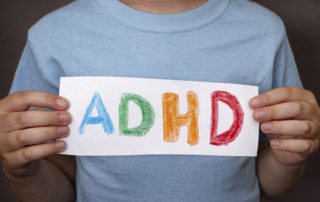Autism & Sensory Processing Disorder
This is not a comprehensive list, simply some articles I have found along the way. See immune function, mitochondrial dysfunction, microbial imbalances, seizures, ADHD, speech & language, movement disorders, sensory processing disorder, obsessive-compulsive disorder, methylation, metals, and EMF’s tab for additional information related to glutamate and autism. Favorite article on the role of glutamate in autism: http://www.holistichelp.net/blog/how-to-increase-gaba-and-balance-glutamate/ Great article linking autism symptoms to excess glutamate and glutamate dysfunction: http://www.ageofautism.com/2011/03/autism-and-glutamate-dysfunction-avoid-the-cause-race-to-the-cure.html Amazing flowchart on how free glutamate affects autism spectrum disorder, by Carol Hoernlein of MSG Truth http://www.msgtruth.org/images/Theory%20of%20Autism-Simplified.pdf Here is a great video on methylation and the role of glutamate in [...]






